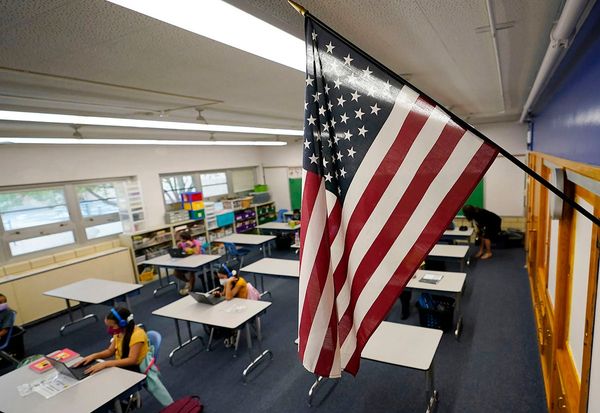
Some people with disabilities in Ukraine remain trapped in life-threatening situations and must be evacuated to ensure they can access basic needs like food and heating as winter approaches, the U.N. disability rights committee said on Friday.
The U.N. said in a special report that it was "gravely concerned" about the situation of people with disabilities in the country, which was invaded by Russia on Feb. 24.
It said people with disabilities in residential institutions were reported to be at "severe risk", and urged both Ukraine and Russia to evacuate them immediately.
"Their access to basic rights such as food and acceptable standard of living, including access to heating in the upcoming winter months, are jeopardised," Jonas Ruskus, vice-chair of the committee, told a news conference in Geneva that was broadcast online.
Ruskus said the committee had information at least 12 people with disabilities had died in a residential institution in territory under Russian control.
He said the committee was also aware of people with disabilities "kept in inhuman conditions, subjected to ill treatment and used as human shields by the Russian Federation armed forces".
According to the committee, the evacuation of these people has not been prioritised. Around 2.7 million people lived with a disability in Ukraine before the conflict started.
The European Disability Forum (EDF) said the latest information, from June, showed 143,600 people with disabilities were registered as displaced and, by July 2022, 13% of families who fled Ukraine included people with disabilities, according to official data.
The EDF previously said tens of thousands of people with disabilities lived in institutions which were "cut off from their communities" and "risk being abandoned and forgotten".
The International Disability Alliance said in March there was little evacuation support for them, and even those who manage to get to refugee centres or shelters inside or out of the country face obstacles: from simple steps on stairs to inaccessible information.
(Reported by Catarina Demony in LISBON; editing by Philippa Fletcher)







